Aon President and chief executive Greg Case operates at the very centre of his organisation’s relationship with Manchester United
Nowhere is the closeness of bond between Aon and Manchester United more apparent than in the way in which Aon president and chief executive Greg Case is perceived by the club.
While there is an obvious connection between many senior Aon executives and their football partners, it is clear that Case is very much at the centre of all that is happening.
Remote leadership is not Case’s style and he has been deeply involved in developing his organisation’s association with Manchester United since the partnership idea was first conceived more than five years ago.
Ebullient, personable and always insightful, Case’s enthusiasm for almost everything he discusses is highly infectious.
So much so, that it is quickly self-evident why the two organisations work so well together and why Aon is becoming increasingly more important to Manchester United in almost every aspect of the club’s business.
Aon has recently shifted the emphasis of its investment in Manchester United away from shirt sponsorship, which runs out at the end of the current 2013–14 season, and is focusing more on refining its work behind the scenes, hence the recent renaming of the club’s training facility from Carrington to the Aon Training Complex.
The company describes this process as creating “greater understanding of what we do to empower results for our clients”. In practice this means Aon will be working more intensively with the club on almost every level.
Case says that embedded within all elements of this work are the six “pillars” which Aon focuses on for all its clients, namely talent, health, risk, retirement, data and analytics, and capital.

Take talent, for example. “The whole idea of talent is magnified at a football club such as Manchester United, but the connections to business every day are very real: individual excellence – individual players have to be very good; collective greatness – the team has to be great,” says Case.
“If the individual players are good and they work extremely well together then you have a great outcome. The same is true in business – you can have great talent as individuals, but it is only when they come together and work as a unit that you have the power of a firm.”
Case says the same approach also applies to his own company.
“That is Aon United,” he says. “This is what we are trying to achieve with our 65,000 colleagues around the world.”
Data is another of the six “pillars” which Aon cites as so important. Case is quick to point out that data by itself is of limited value and it is the way the information is used that is most important both to Manchester United and to the firm’s other business clients.
“At Aon we have invested more in content capability than anyone else in our space,” Case says. “The Aon Benfield side invests almost $120m a year in content development and twice that much on the risk side. So you are talking about a significant amount on content capability each year and it is about how you bring that data together that gives clients greater insight so they can make different decisions with their business.
“If they make different decisions to drive value into their business then data is useful – but we have a saying, data is interesting, information is more important, but insight is most important. So it is really going from data to information to insight.
“Manchester United are using data and analytics to prevent injuries, to accelerate recuperation from injuries, to assess talent to consider whether a player is really ready to go back on the pitch – not to just leave it to their own opinion or to a gut feeling.
“For us this is exactly consistent and we have talked with United a lot about how to think about the construct of pulling Big Data together and using it. There is not going to be anybody in the world more insightful than Manchester United in terms of how to interpret the data for their players.”
Case believes the essence of the relationship success between Aon and Manchester United is derived from two organisations that are global leaders in their respective fields collaborating, sharing their knowledge and skills. And the similarities extend much further.
“There’s a real parallel between what we do every day on behalf of our clients and what Manchester United do to create a world class sustainable football club,” Case says.
“Whether it is thinking about talent and how you acquire it, nurture it and retain it; thinking about the whole idea of health – predicting when someone is going to have an injury and figuring out whether they are able to come back quicker and frankly helping them to understand when they are ready to go or not.
“That parallel, by the way, you can sit down and have a conversation with any chief executive or CFO or head of HR in the world and that would be a great insight.
“In terms of risk – you can imagine all the different aspects of risk.”
Indeed it is risk that forms the central element of Aon’s work with Manchester United.
“Think about all the different risks that the club has to think about – these are also the risks of our other clients around the world,” says Case.
“There are all the traditional risks but also almost everything out there in the world today that the club has to face.
“All these things fit exactly with what we are trying to do on behalf of our clients and this is personified through the club.
“That is why the investment in the training complex for us is a tour de force signal to the world how serious the club is about taking care of what are their most important assets.
“And that to us is a real positive in terms of this partnership.”
According to Case there are also many other such positives to be derived from the relationship that feed back into everything Aon does.
“We take very seriously any contribution we can make to support the club,” he says. “We believe the partnership is beneficial to both sides. We know that it has been tremendously beneficial to Aon and if we can make a contribution to the club even in a very small way then we are going to do that.
“And that is going to be through the things we know about, which is data, analytics, health, benefits, talent rewards – and it is very much a partnership.
“We have spent four years together and we are now in the second phase of our partnership, moving from ‘awareness’ to ‘this is what we do’. The club is a perfect vehicle to help amplify that understanding around the world because it shows in so many ways what they do can be applied to our world every day.
“So it really is in that context that we are going to work on that partnership and support that partnership and it has been incredibly beneficial all ways round.
“[Where we are now] is the culmination of multiple years of effort. The end partnership – a team – has gone beyond our expectations in terms of building awareness of Aon and the Aon name.”





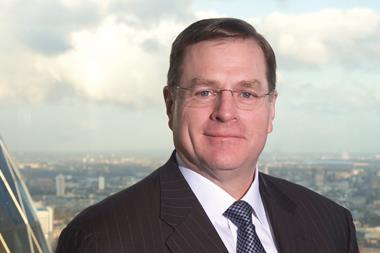

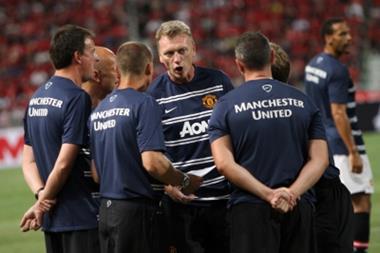
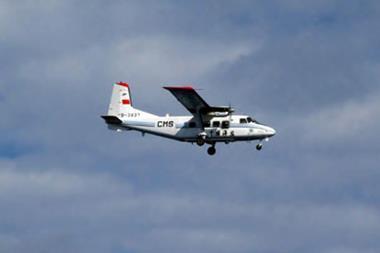

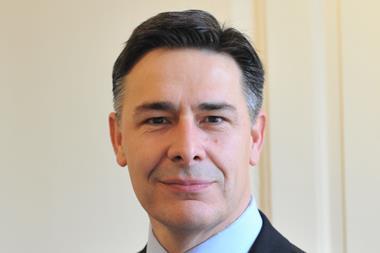


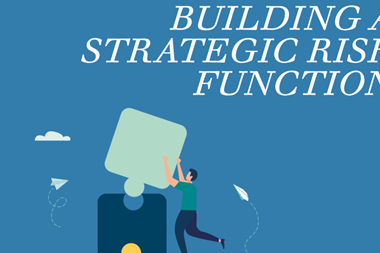
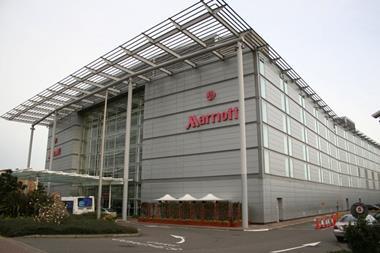





No comments yet